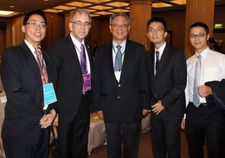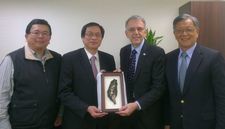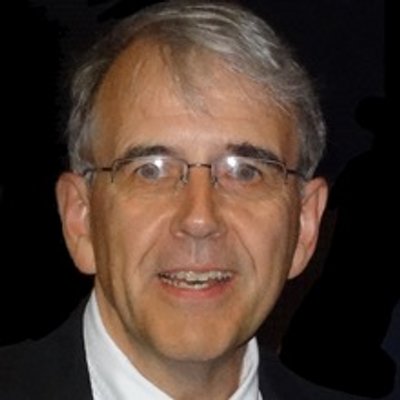2013 Global Health Forum, Taipei, Taiwan
2013 Global Health Forum, Taipei, Taiwan
Taipei, Taiwan to Frankfurt, Germany. Should all ministers be health ministers? For sure, at least in a way…
There is no sector of government that does not have relevance for health and health care. Whether the actions of a ministry have direct effects, such as setting financial budgets for health care or payments, or indirect effects for example upon peace, the availability of work and housing, social protection, road safety, education, occupational and environmental safety, international cooperation, trade and aid, climate change, or research financing, there is virtually no section of government that is not connected in some way with health.

But how to get health into the minds of the politicians? This awfully difficult question was debated at the invitation of the Taiwanese government at the 2013 Global Health Forum in Taipei from November 23-24, 2013. In a section on the “Physicians’ role and response to promoting Health in All Policies in an NCD era” I stressed our holistic approach to tackling non-communicable disease (NCDs). This has two major pillars: Firstly, the right to health as a human right, and secondly a focus upon the social determinants of health as the underlying causes of many diseases in this world.
The WMA was irritated when in 2011 the World Health Organization went back to the old silo approach of listing four disease areas (cancer, cardio-vascular and lung diseases and diabetes) in their program on NCDs. Just three years previously in 2008, thirty years after the Alma Ata Declaration of the WHO, a ground breaking World Health Report on “Primary Care – Now more than ever” clearly demonstrated that the sectorial approach, tackling a limited number of infectious diseases, had not shown the desired effects. And yet, while finally tackling NCDs after decades of ignoring them, the WHO now falls back on the same old and insufficient strategy.
This is even more startling since, at the same time, the WHO has not only made a new start on primary care (World Health Report 2008) – much more realistic than ever before – and developed a report on Social Determinants of Health (“Closing the Gap in one Generation” WHO 2008) under the chairmanship of Sir Michael Marmot, it has also embarked on health system strengthening and is advocating loudly for universal health coverage.
The challenges are overwhelming – we still don’t see enough policies taking account of their effects upon health, whether they are directly related to public health, such as fostering tobacco control, or indirectly, such as providing enough funding for affordable and high quality education for all. While Africa still has a homeopathic average per capita health expenditure of around 100 USD per year, problems of equity exist within all nations, regardless of whether they are rich or poor.

The Taipei conference ended with a call upon the politicians of this world to be aware of their responsibilities regarding health. However, as the conference was mainly attended by experts on public health, this was a bit like preaching to the converted. One positive aspect was the presence of a lot of young people at the conference. Medical students, young physicians and other young health professionals gave the conference a strong youthful perspective, and the hope that our voices will be heard in the future. And of course it is always good to meet up with members of the WMA Junior Doctors Network (JDN).
The fact that Taiwan, having been a very poor country just few decades ago, is now a leader in health system development, providing comprehensive and efficient health care to all of its people, is really very inspiring. And it is also clear that the health of the nation is not merely a result of strong economic development, but rather a condition for it. For all those who are struggling to build a health care system, the bottom line is: Yes, it can be done, even against all odds.
A big thanks to the Taiwan Government, the Minister for Health and Welfare, Dr. Wen-Ta CHIU for inviting the WMA again and the Taiwan Medical Association for facilitating this!

